In California: When you're front and center in the middle of a pandemic
A San Jose doctor shares about the high toll the war against coronavirus is taking on her and her colleagues. And I talk to a reporter who's spent a decade covering Amazon about what workers there are facing. Y'all, #stayingathome is the easy part.
It's Arlene Martínez with news for Wednesday.
But first, a train engineer drove a speeding locomotive off the tracks because he was suspicious about the presence of a Navy hospital ship docked at the Port of Los Angeles. The ship, BTW, is the 1,000-bed USNS Mercy, brought to help deliver desperately needed medical help to the state.
In California brings you stories and information from newsrooms across the USA TODAY Network and beyond to keep you safe and informed. Subscribe today for free delivery right to your inbox.
Housing, real estate and sheltering
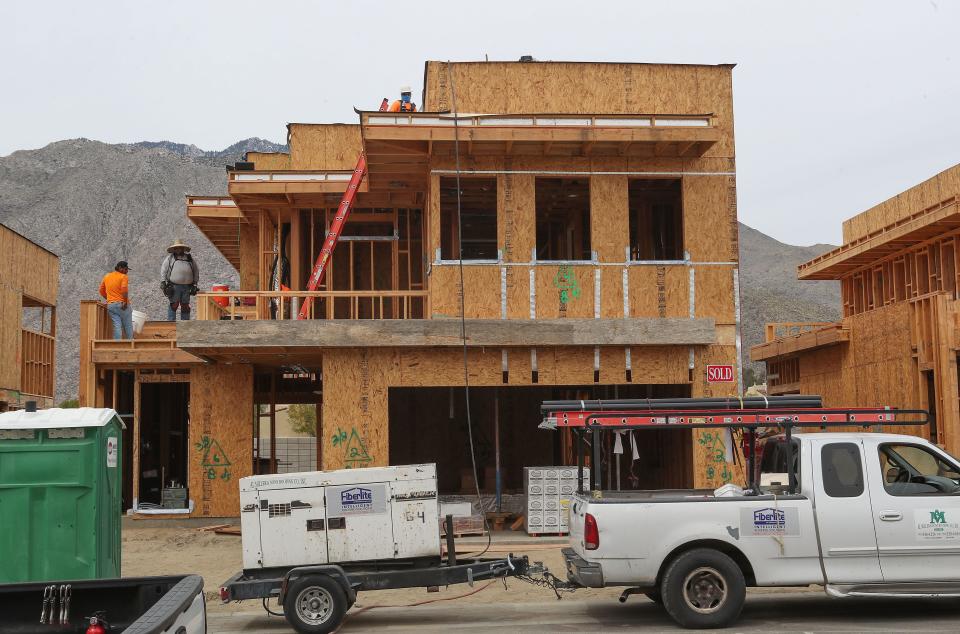
It's the first of the month and you don't have money to pay rent. Remember, you can't be evicted for nonpayment of rent for coronavirus-related reasons, but you do have to let your landlord know in writing within seven days of your due date the reason for and that it will be late.
It's too soon to say whether San Francisco's extortionate rents will drop because of the coronavirus the way they did in the rubble of the dotcom bust. But if you've ever wanted to move there, keep it on your radar.
Buy, sell or wait — what's the best thing to do during a pandemic?
The San Diego Convention Center opened Wednesday as a homeless shelter. Buses were scheduled to bring in 430 people.
The way we're shopping (and hoarding)

Costco is allowing just two people to enter per membership card starting Friday.
Speaking of Costco, it's one of several retailers that's limiting returns of certain items or suspending them altogether.
Home Depot orders its stores to stop selling N95 masks, so they can be redirected to hospitals, health care workers and other first responders.
So that's who had all the toilet paper: Beverly Hills, I expect more from you.
Stay safe and informed with news from one of the country's most dynamic places. Subscribe to the In California newsletter today.
A doctor's dispatch from San Jose

An internal medicine doctor in San Jose who is a member of her hospital's COVID-19 team writes about the toll the coronavirus is taking on colleagues. They can't sleep, they are filled with doom, they feel helpless, says Dr. Nivedita Lakhera.
Lakhera has known grief and trauma. As a child in New Dehli, she witnessed a violent riot after the prime minister was assassinated; later, she survived a stroke, a painful divorce and a miscarriage.
But, Lakhera writes, "none of that has shaken me as much as America's misguided response to coronavirus that is burdening ICUs across the country. None of those things have hurt me as deeply as the resulting trauma for health care workers who are trying to cope with fallout beyond their control."
Water claimed by all, EPA rules, border life
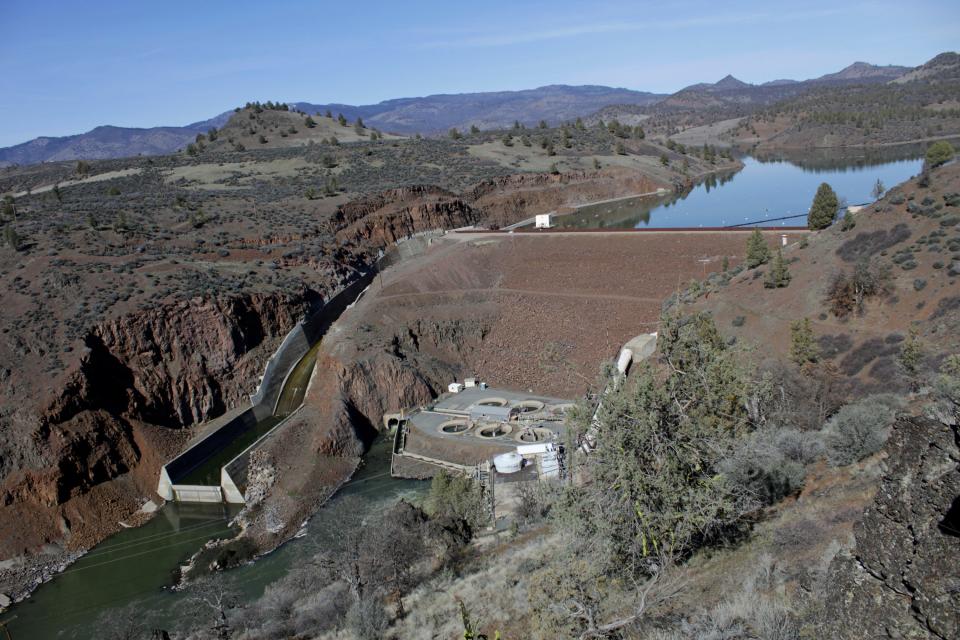
California’s Klamath River has come to symbolize a larger struggle over the precious water resources of the American West, and who has the biggest claim to them: tribes, farmers, homeowners, ranchers or conservationists.
Just how did the feds determine having less fuel-efficient vehicles would make new rides more affordable and thus save thousands of lives? A judge rules the EPA must reveal the model that led to new standards allowing automakers to increase fuel efficiency by 1.5% through model year 2026. It had previously been 5%.
Californians support the de facto closure of the U.S.-Mexico border, even as it keeps them separated from loved ones.
It's Census Day! And a book for everyone from birth to high school
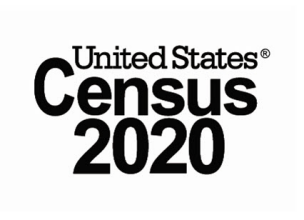
April 1 is Census Day, which means wherever you and others in your household live on this particular day is where you'll be counted in the 2020 Census. Head on over and fill out the form.
The state loses $1,000 per year for every Californian uncounted, according to my conversation last week with one of the state's Census ambassadors.
50 book suggestions for newborns through high schoolers.
Working Amazon's frontlines
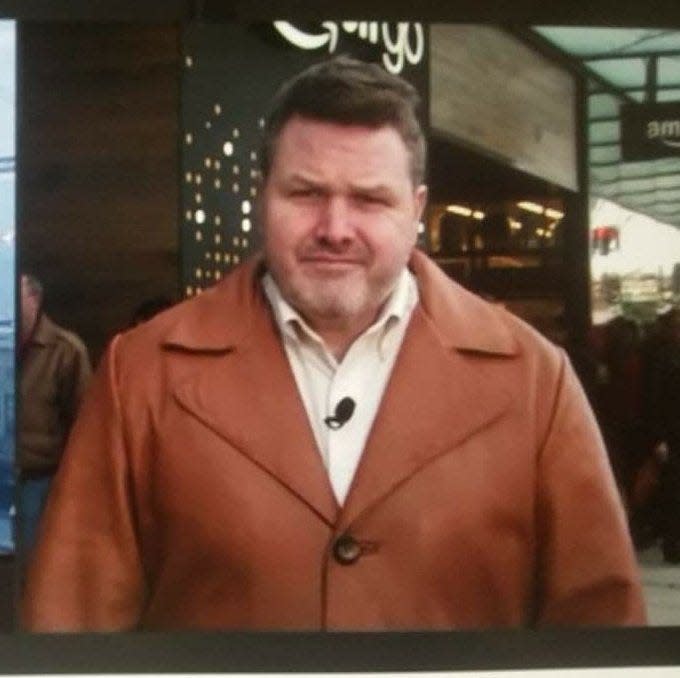
Spencer Soper is a Seattle-based technology reporter for Bloomberg News. He's been covering Amazon for nearly a decade, first in Allentown, Pennsylvania, and then from San Francisco.
Soper and I, who worked together at The Morning Call in Allentown, chatted by email about all the latest happenings at one of the world's biggest companies in a time of coronavirus.
Q: You wrote a couple of weeks ago that some Amazon workers on California's Central Coast were getting a single wipe to clean their van before a shift. I couldn’t help but wonder as I read your story – how does a mammoth company that would seem to have better access to things like wipes than the rest of us not have enough for front-line workers?
A: The coronavirus outbreak blindsided the world. Amazon isn't alone in scrambling to get the proper supplies and equipment. Hospitals and emergency personnel are as well, which is understandable given the sudden surge in demand. The problem for an Amazon warehouse worker or delivery driver is: What do you do when you don't feel safe doing your job? That question is simmering and boiling over in worker demonstrations around the world right now, and the fear isn't limited to Amazon employees.
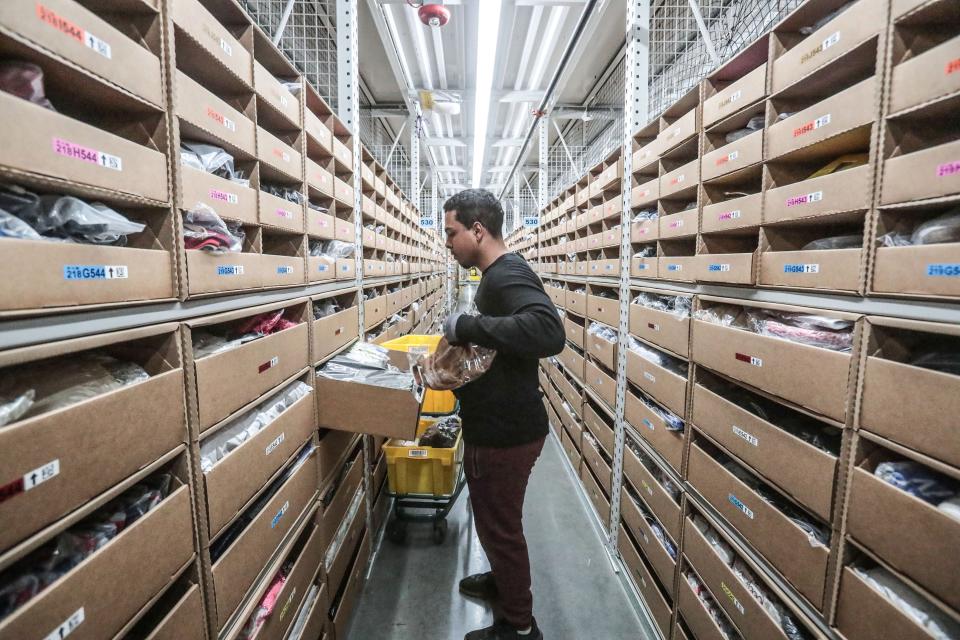
Q: How is Amazon taking care of its workers during this pandemic? At least some employees think not well enough, considering the strikes and walkouts that happened this week.
A: Amazon says it is following social distancing guidelines and stepped up cleaning at its facilities. Workers are understandably nervous as they learn about colleagues who have tested positive for the virus, and some of them would like to see Amazon go further in terms of shutting warehouses down for cleaning and letting workers remain home with pay to reduce their own exposure. Whatever precautionary measures Amazon has in place, the panic among is workforce is spreading along with the outbreak.
Q: Was the company ready for a situation like this?
A: I don't know that any company was fully prepared for a situation like this. Some advantages Amazon has is that it is accustomed to hiring large amounts of temporary workers for peak holiday season, so it has a hiring process in place to help it meet demand. But even that created some issues with applicants saying Amazon disregarded social distancing guidelines at events. Amazon also has a business model that helps customers get what they need from the safety of their homes and prevents them from having to navigate stores with other shoppers, so the pandemic is actually highlighting how valuable its service is for customers.
Q: There’s a lot we don’t know about COVID-19 but what seems clear is how easily it can spread, for sure between humans, but also that it can linger in places. Are warehouses being cleaned? How are boxes treated?
A: It’s such a vast supply chain. Amazon says it has increased cleaning in its facilities and many workers remain at the same station for their shift. But there are still people touching the same items as they move through the system. That's one particular concern we heard from delivery drivers. They load their vehicles not knowing where the packages came from or who last touched them. Same issue for a customer grabbing a package off the stoop.
Q: You’ve covered Amazon for a long time, doing some of the first exposés on worker conditions while at the Morning Call in Allentown, Pennsylvania. Do you have any sense if conditions for workers have changed, generally?
Amazon installed air conditioning in its warehouses several years ago following news reports about people suffering in the heat, so that was a big improvement. It has also invested heavily in automation, which means fewer people are pushing carts back and forth all day long in sprawling warehouses since robots do a lot of that now. Amazon has also created new types of work. Amazon Flex is a program where independent contractors can deliver Amazon packages in their own vehicles, similar to Uber but for packages. And it created a network of delivery partners devoted to Amazon deliveries in branded vans, which a lot of your readers have probably seen in their neighborhoods.
Q: In the Frontline documentary, "Amazon Empire: The Rise and Reign of Jeff Bezos," you talked about the company's founder Jeff Bezos being used as a symbol for inequality and of capitalism gone wrong, essentially. What do you make of that assessment?
If you are a politician running on a platform of addressing the widening wealth gap between the haves and have-nots, Jeff Bezos and Amazon are irresistible examples. He is the world's wealthiest man and his company has received government support to expand. Then Amazon had cities and states offering big incentives to land its corporate expansion that ended up in Virginia (Editor's note: The state agreed to pay up to $800 million in incentives). None of these things are unique to Amazon. But Amazon, through its name recognition and the wealth of its CEO, is the most prominent target for the foreseeable future.
Q: Anything I didn’t ask you about?
A: How can your readers interested in Amazon follow my work? Glad you asked. Follow me on twitter @spencersoper and I also post a lot of stories on LinkedIn. They can all be found at Bloomberg.com.
In California is a roundup of news from across USA TODAY Network newsrooms. Also contributing: Associated Press, High Times, San Diego Union-Tribune, Los Angeles Times, Curbed S.F.
This article originally appeared on USA TODAY: Coronavirus, Census Day, homeless, Costco, toilet paper: Wed news

